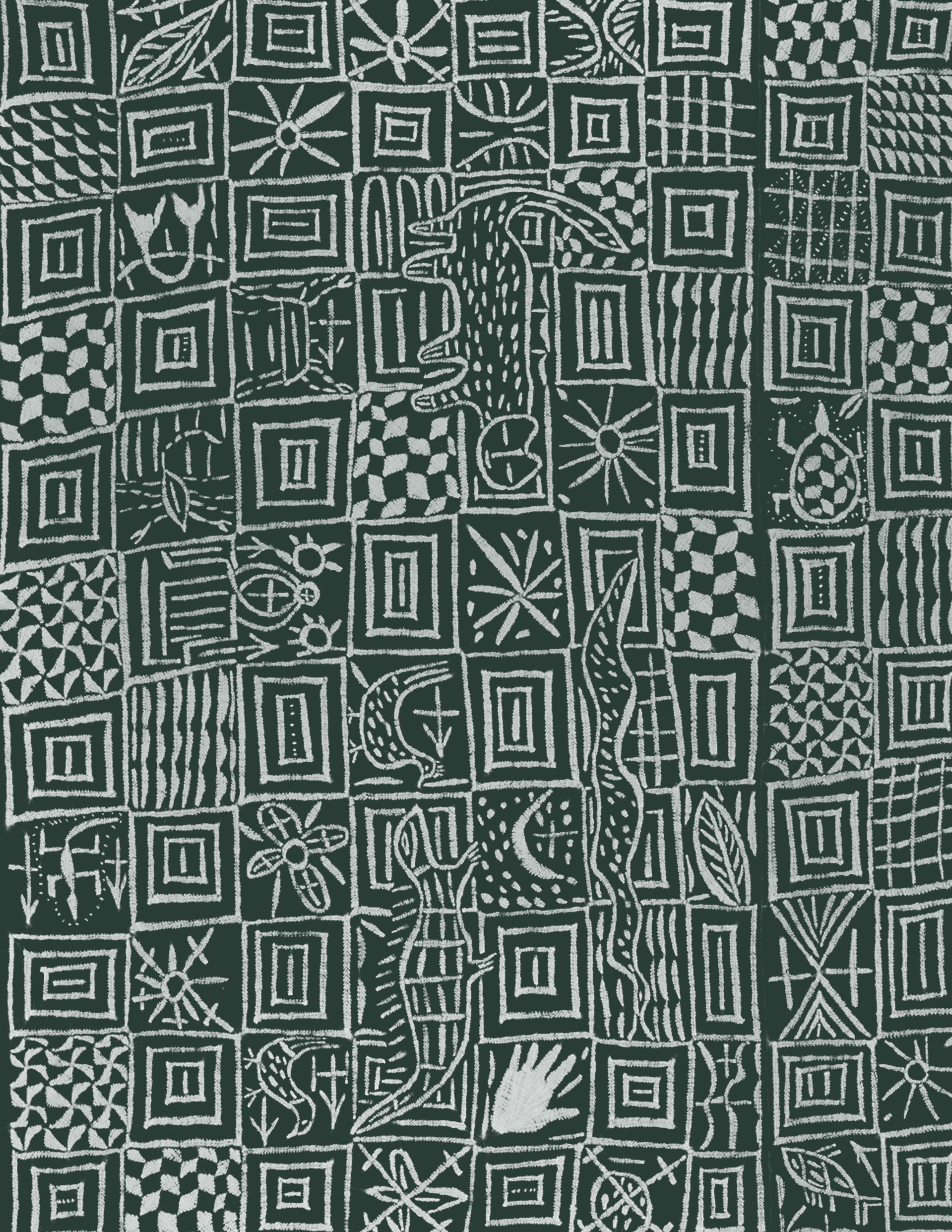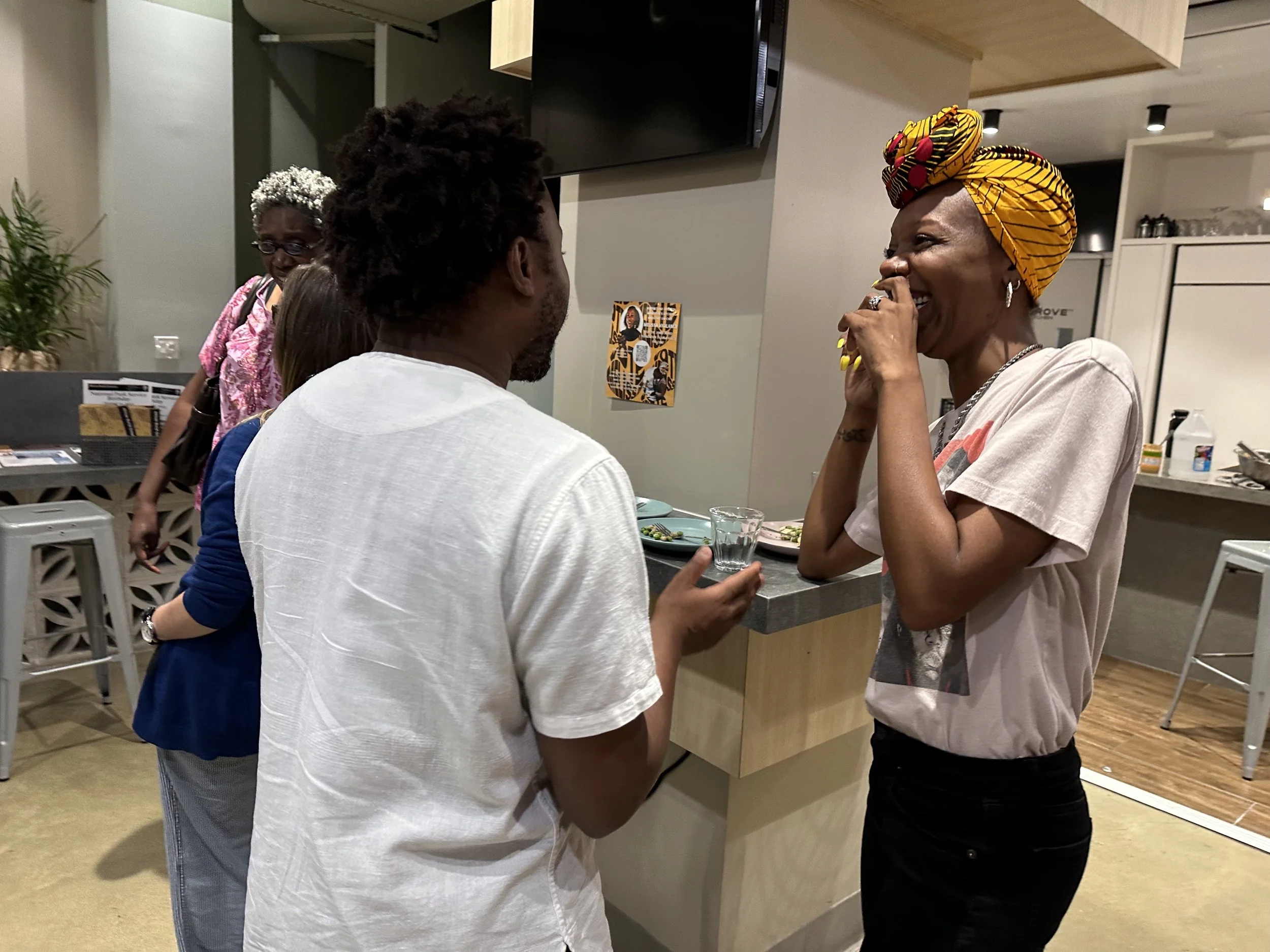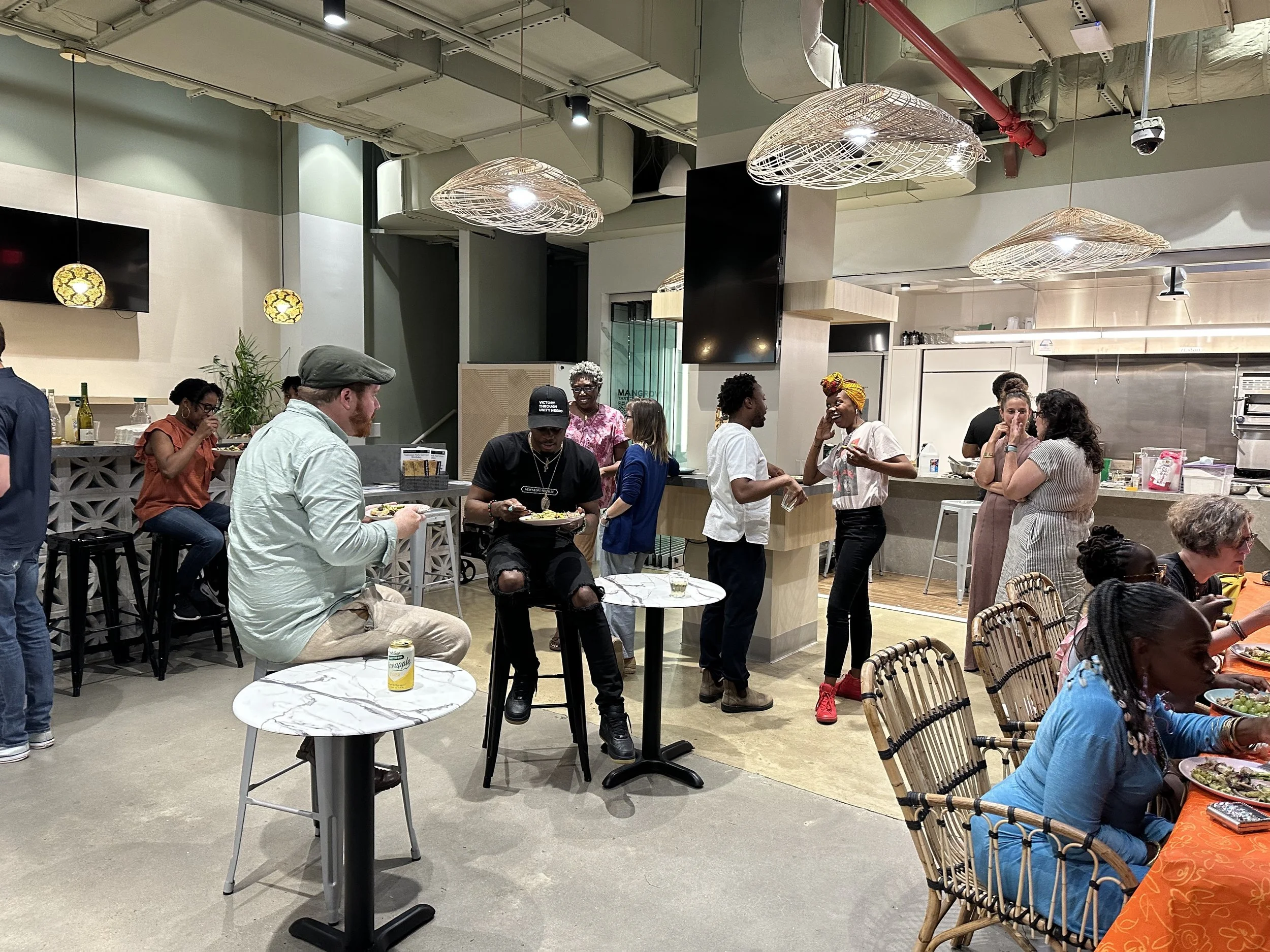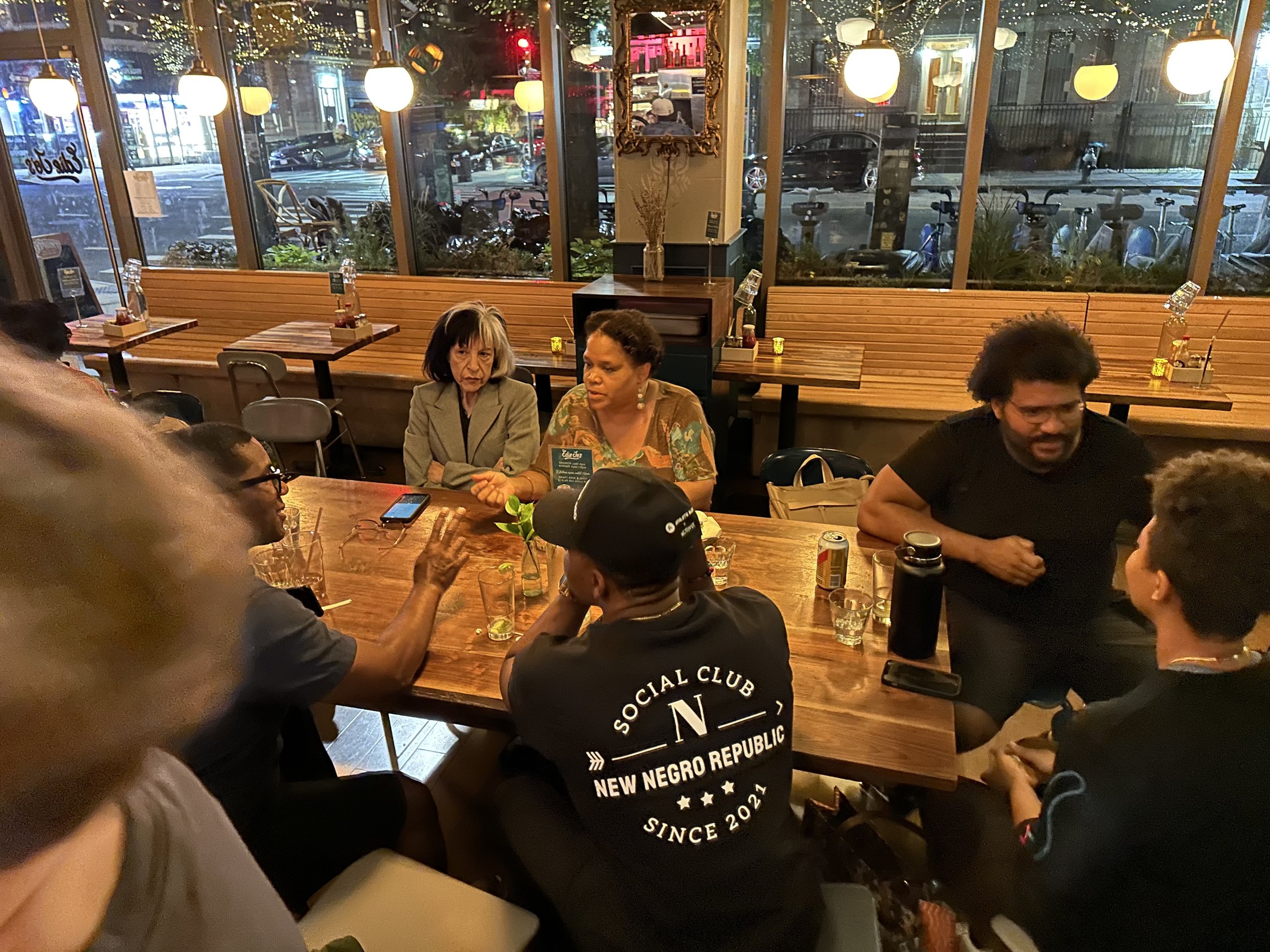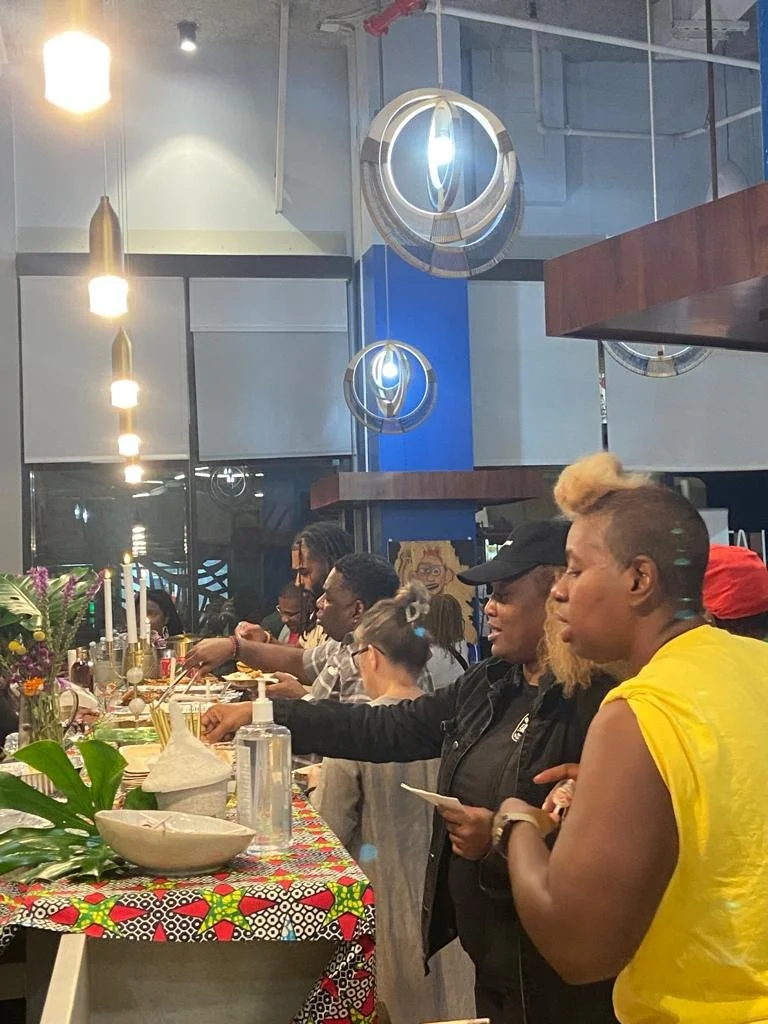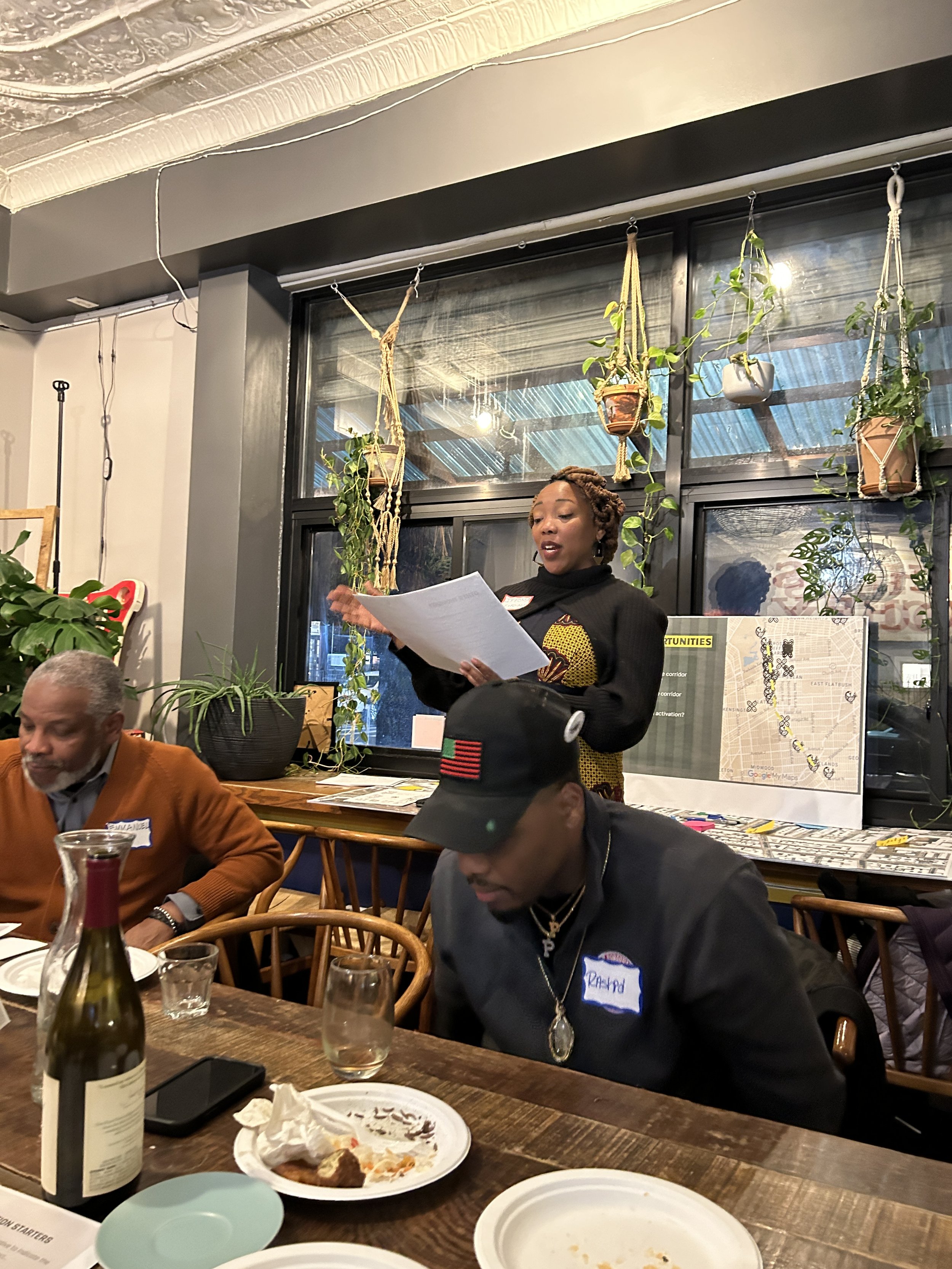
GROWHOUSE
the CORRIDOR
BLACK HISTORY + HERITAGE in BROOKLYN
the CORRIDOR connects sites of Black history and culture to contemporary Black-owned businesses using heritage plantings, signage, creative activations, and collective stewardship.
Illustration by Ten to One
Saidiya Hartman, African American scholar and writer
“The past is not yet done with us.”
the CORRIDOR creates a cultural, economic, and ecological ecosystem to support generations of thriving Black residents who can remain in and return to the neighborhoods we’ve built.
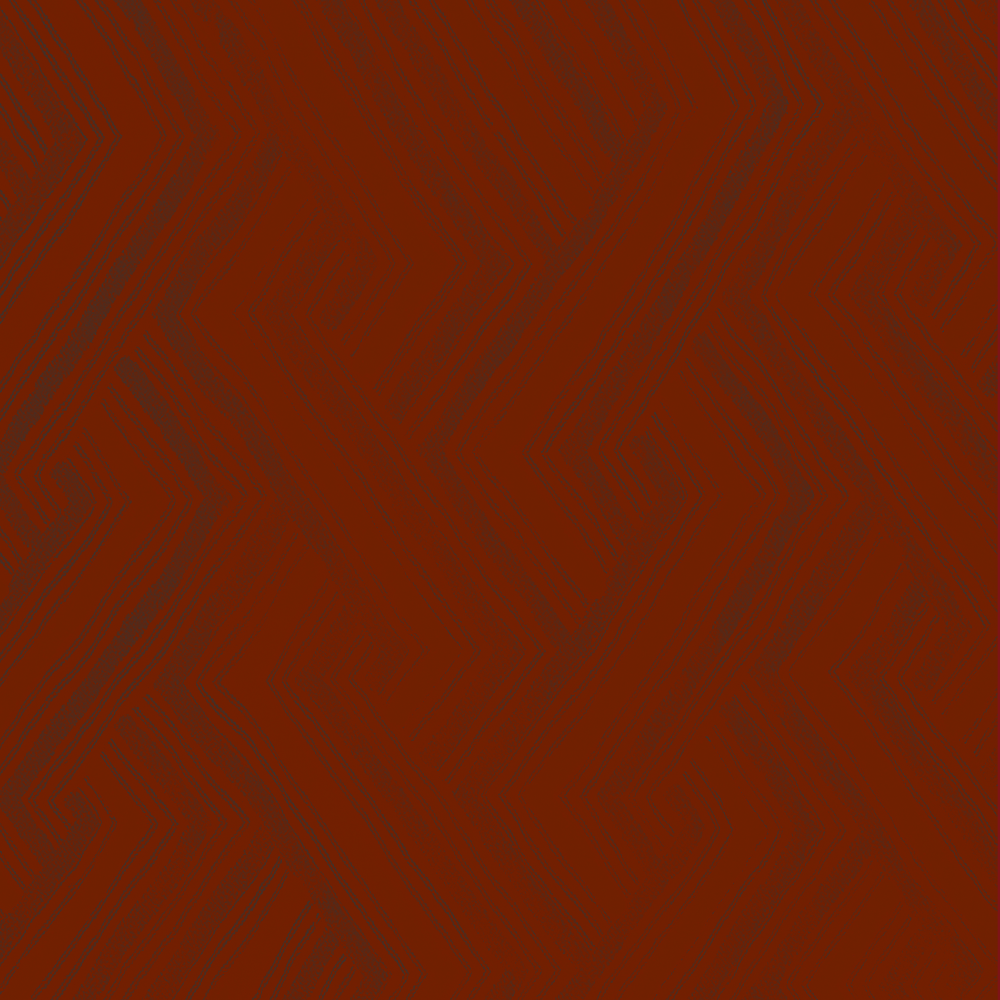
Last year, we began The Corridor in Flatbush - hosting a Youth Design Competition which culminated in signage that connected the Flatbush African Burial Ground to Lefferts Historic House - two crucial sites in understanding Black history and futures in Brooklyn.
This year, with the support of a SBS Public Realm grant, we’re expanding the Corridor to Bed Stuy and Crown Heights, focusing on illuminating history with a creative lighting installation on Malcolm X Blvd. This crucial street is one of the longest in Brooklyn, connecting Bushwick, Bed Stuy, Crown Heights, Flatbush and Marine Park in an uninterrupted corridor.
We’ll hone in on the junction at the Utica Avenue A train station, at an unnamed plaza and connect it to sites of history such as Dr. Josephine English’s mansion (The People’s Mansion) and contemporary businesses on Malcolm X Blvd.
Together, we will design and install the following:
Creative pedestrian lighting at key public spaces
Wayfinding signage that highlights Black-owned businesses, rain gardens, and cultural sites
Digital storytelling components linked by QR code/technology
All elements will be co-designed with local residents, merchants, and youth.
PROJECT GOALS + VALUES
- honoring Black history and culture
- reclaiming Black spaces in the face of gentrification
- honoring Black history and culture - reclaiming Black spaces in the face of gentrification
safety -
functional beauty -
cultural resonance -
safety - functional beauty - cultural resonance -
- ancestral stewardship - co-design - ecological integrity - anti-extractive process
- ancestral stewardship - co-design - ecological integrity - anti-extractive process


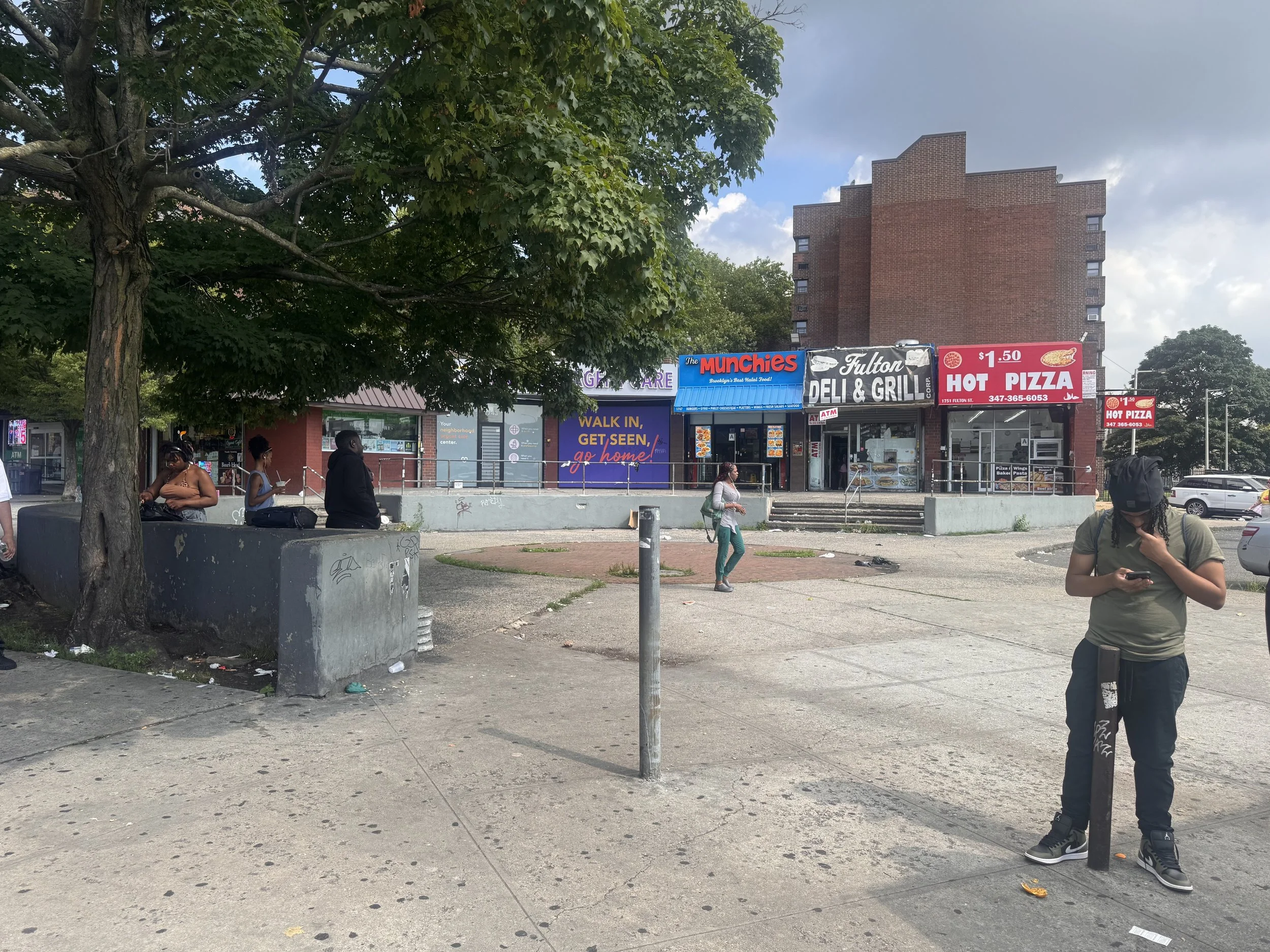

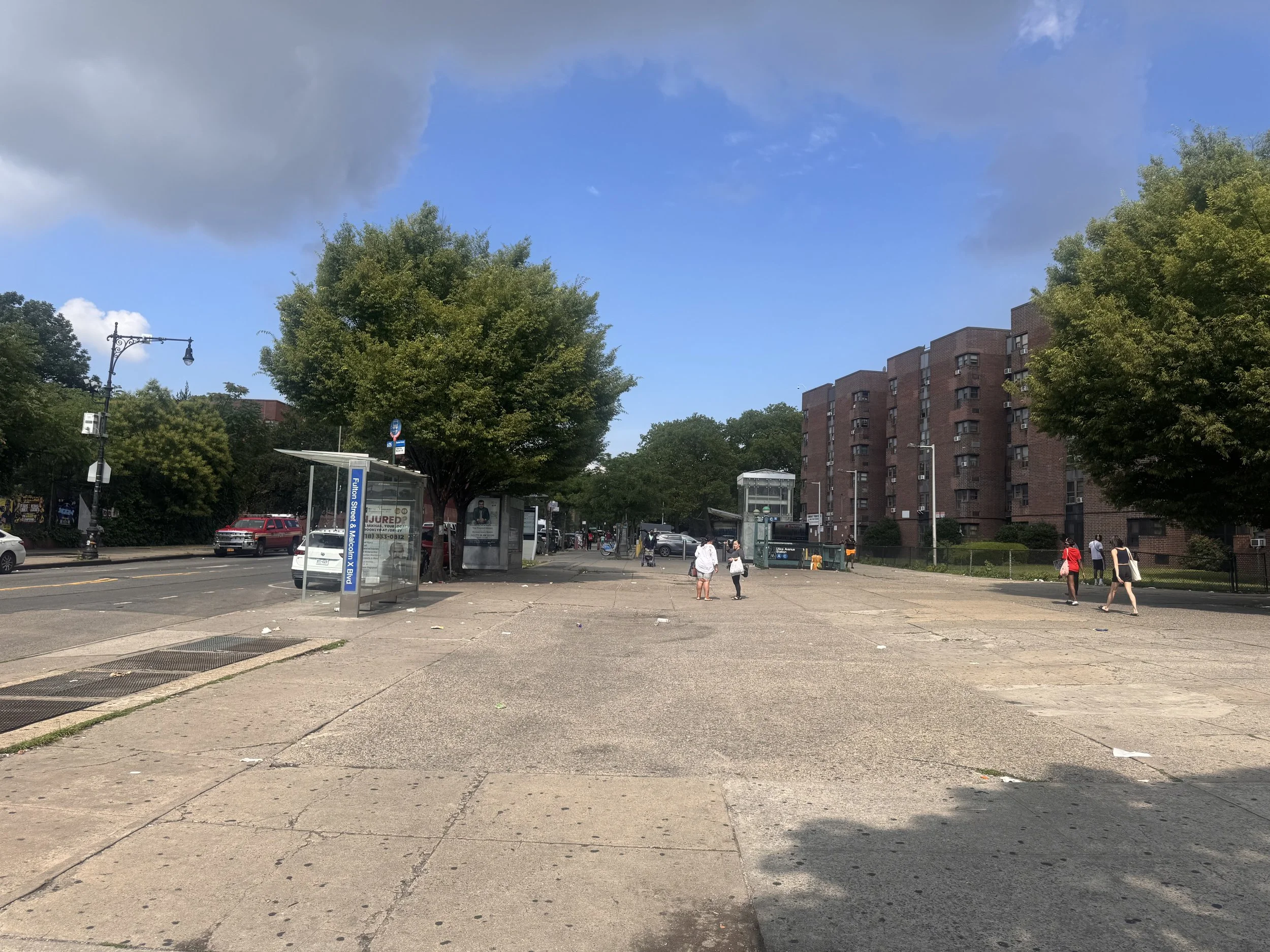
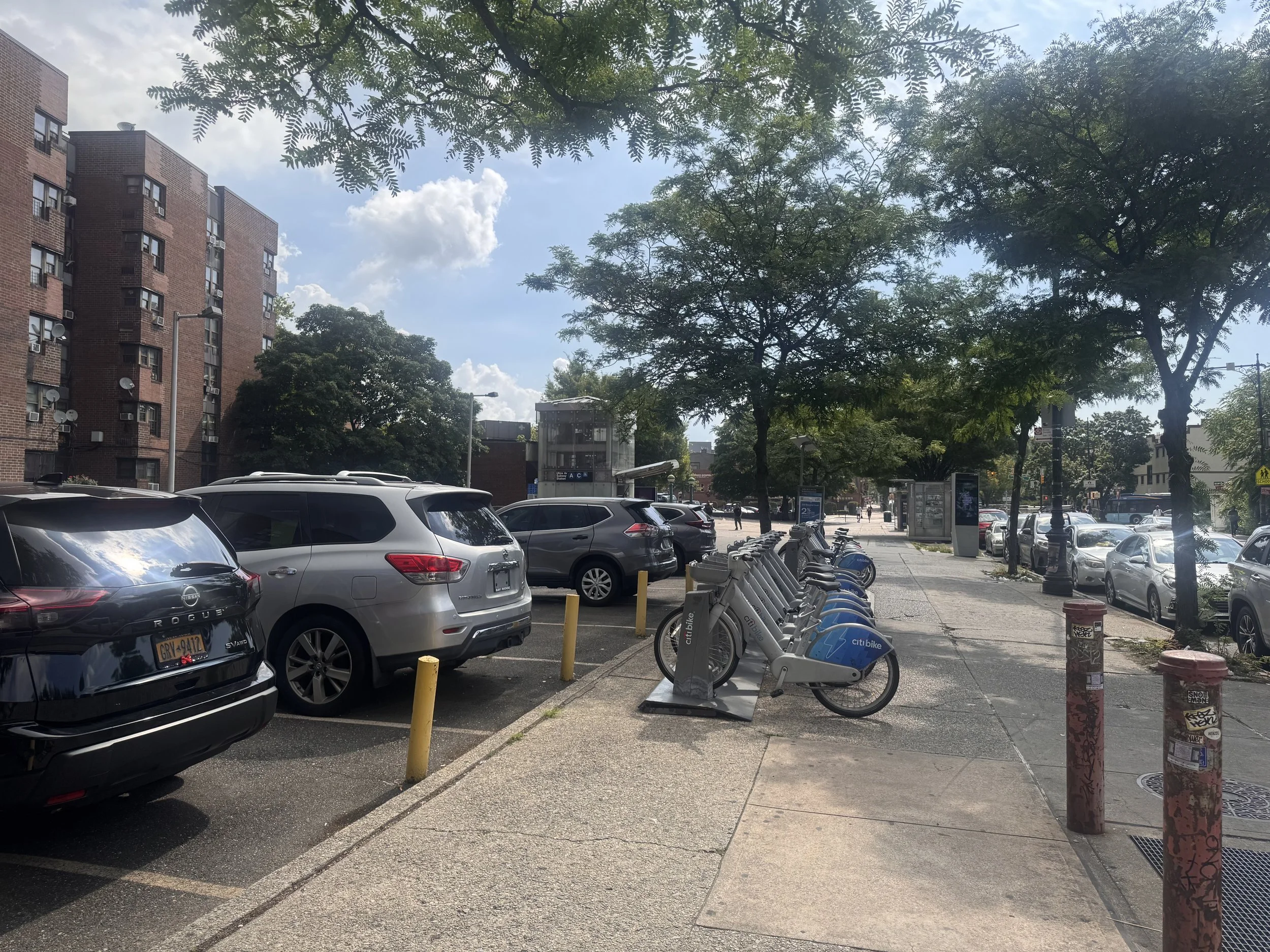

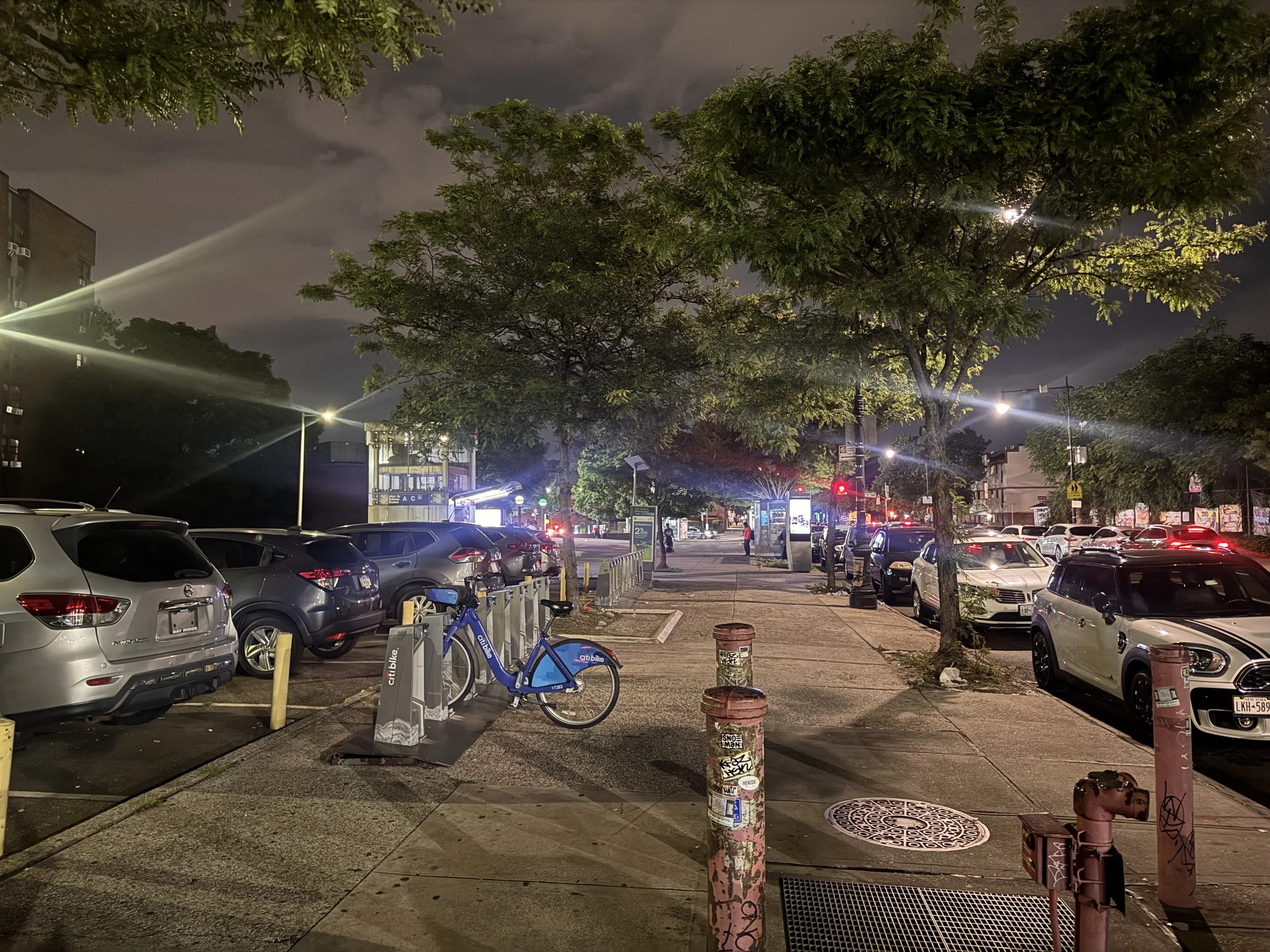
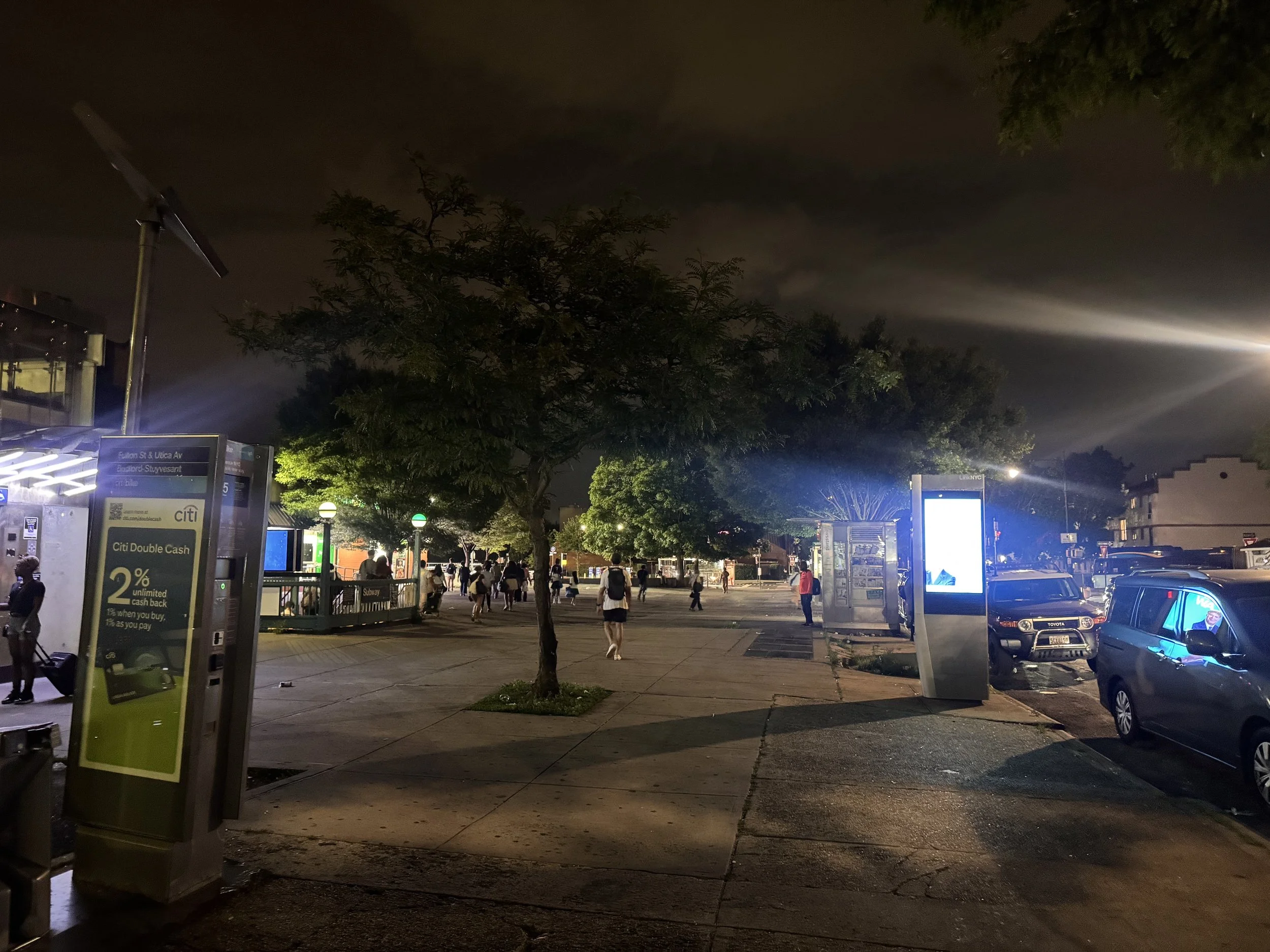
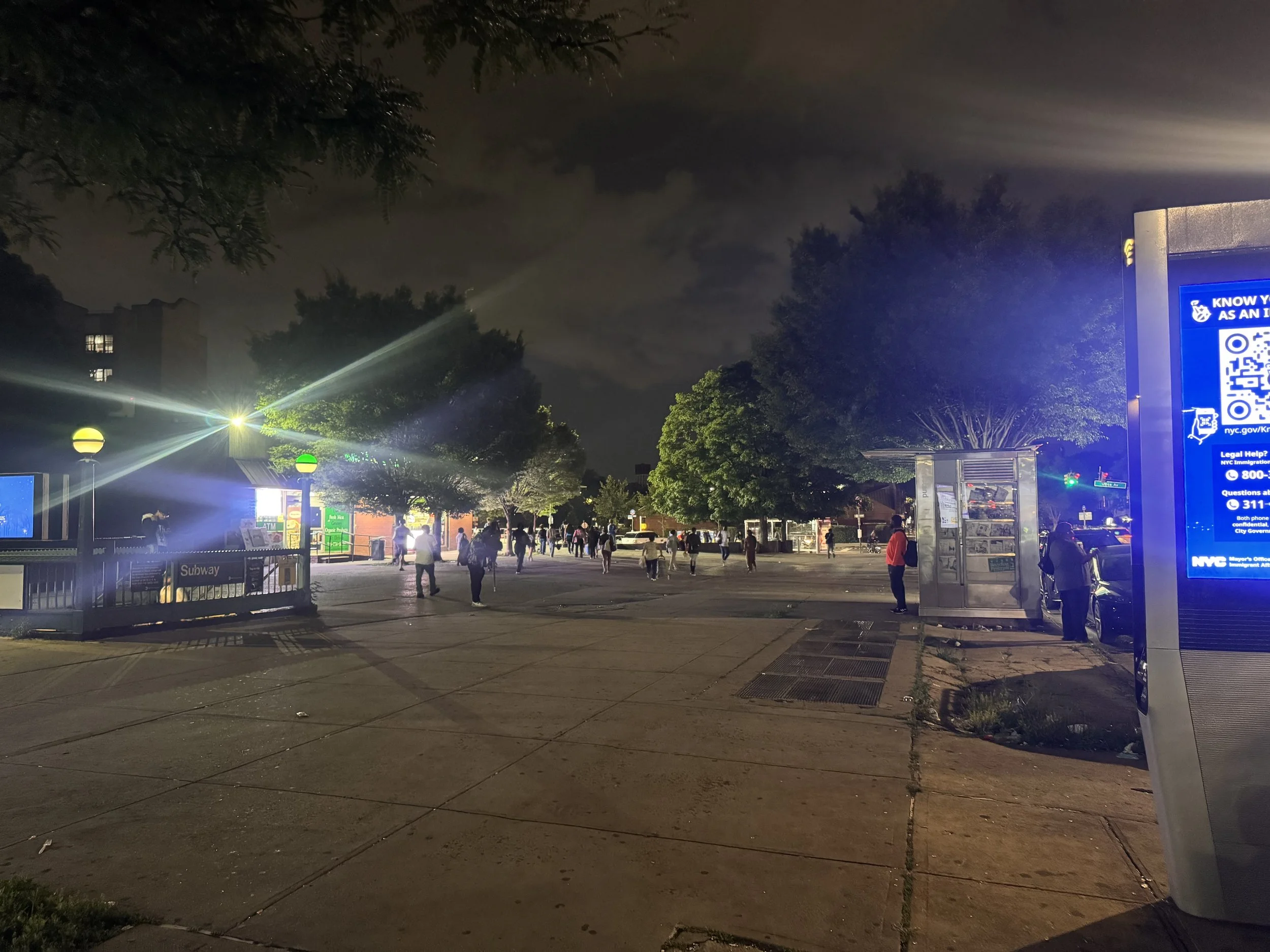



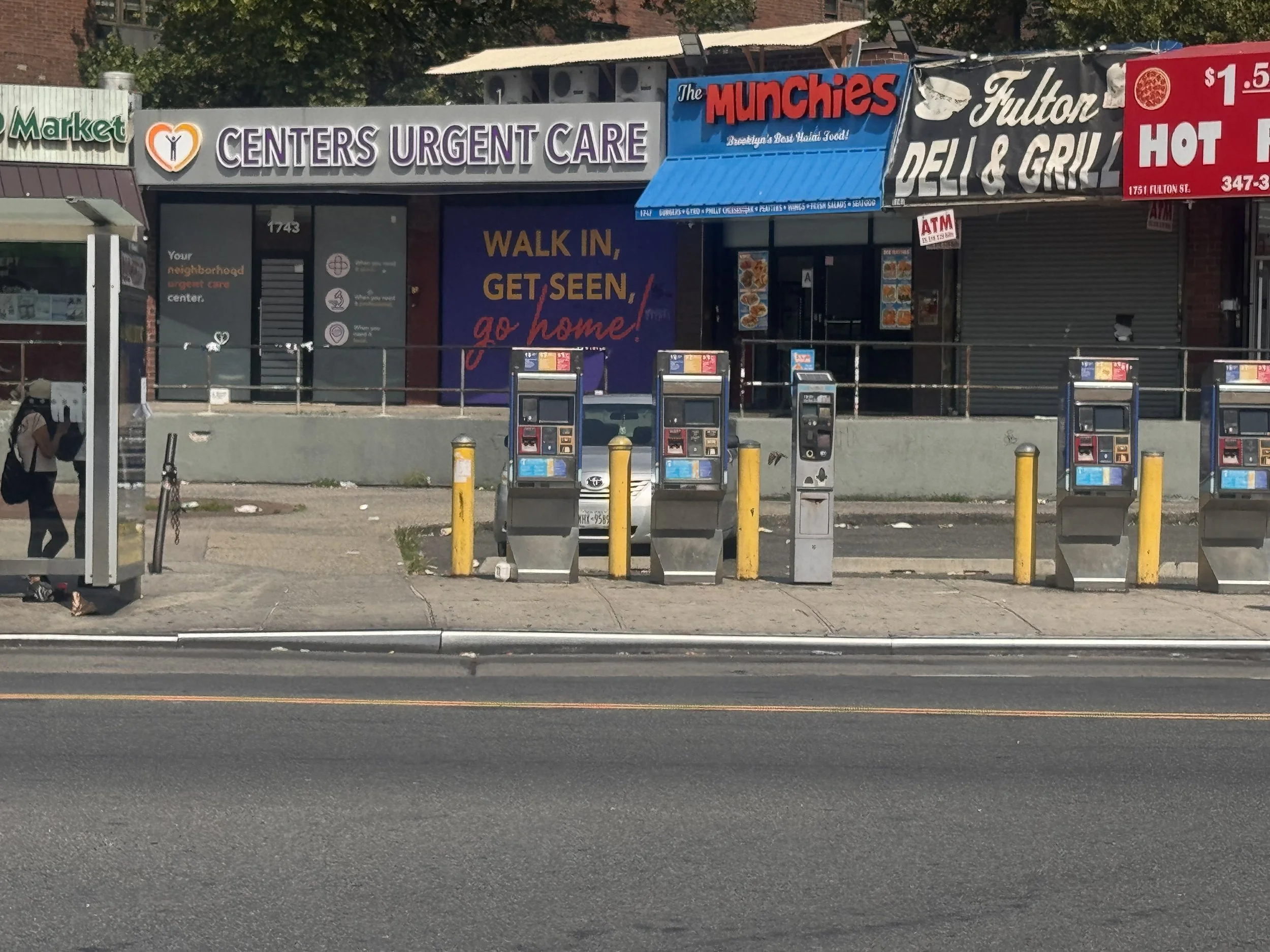



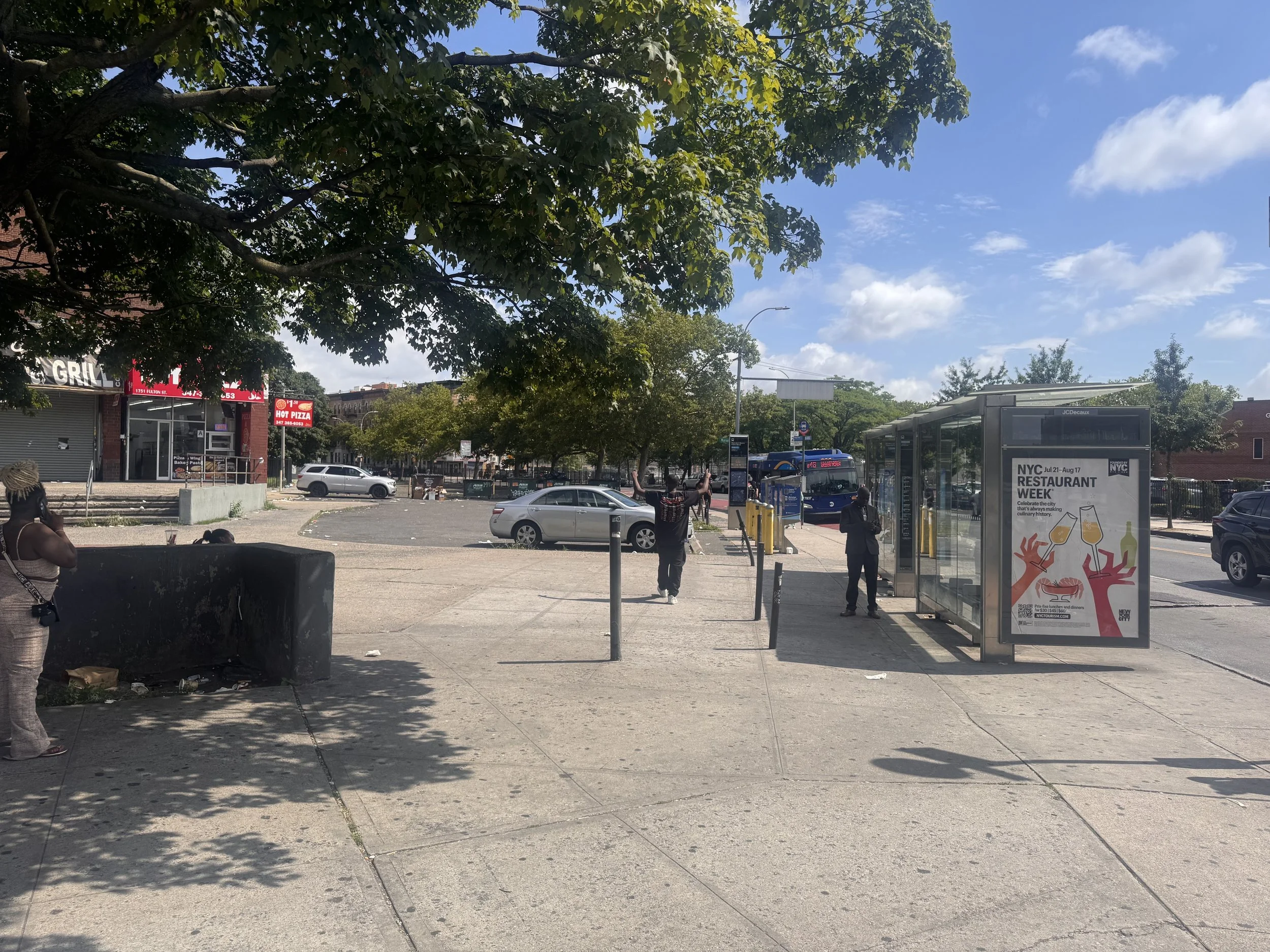
moodboard
Interplays between shadow and light like Kara Walker and Deb Willis
Naming the unnamed
Rooted in Black cultural symbolism like Carrie Mae Weems and Rashid Johnson
Intricacy and craftsman ship of African artisans
Texture of African and African Diasporic materials
Sculpted and gilded like Barbara Chase-Riboud

Key dates
July 21, 2025: Call for Design and Lighting Teams Opens
August 15, 2025: Submission Deadline at 11:59pm ET
August 25-26, 2025: Design Team Interviews
September 1, 2025: Design Team Notifications
September 8-12, 2025: Project Onboarding
September 2025 – June 2026: Project Implementation (Community Engagement, Design, Installation)
June 30, 2026: Project completed, including reflections and reports
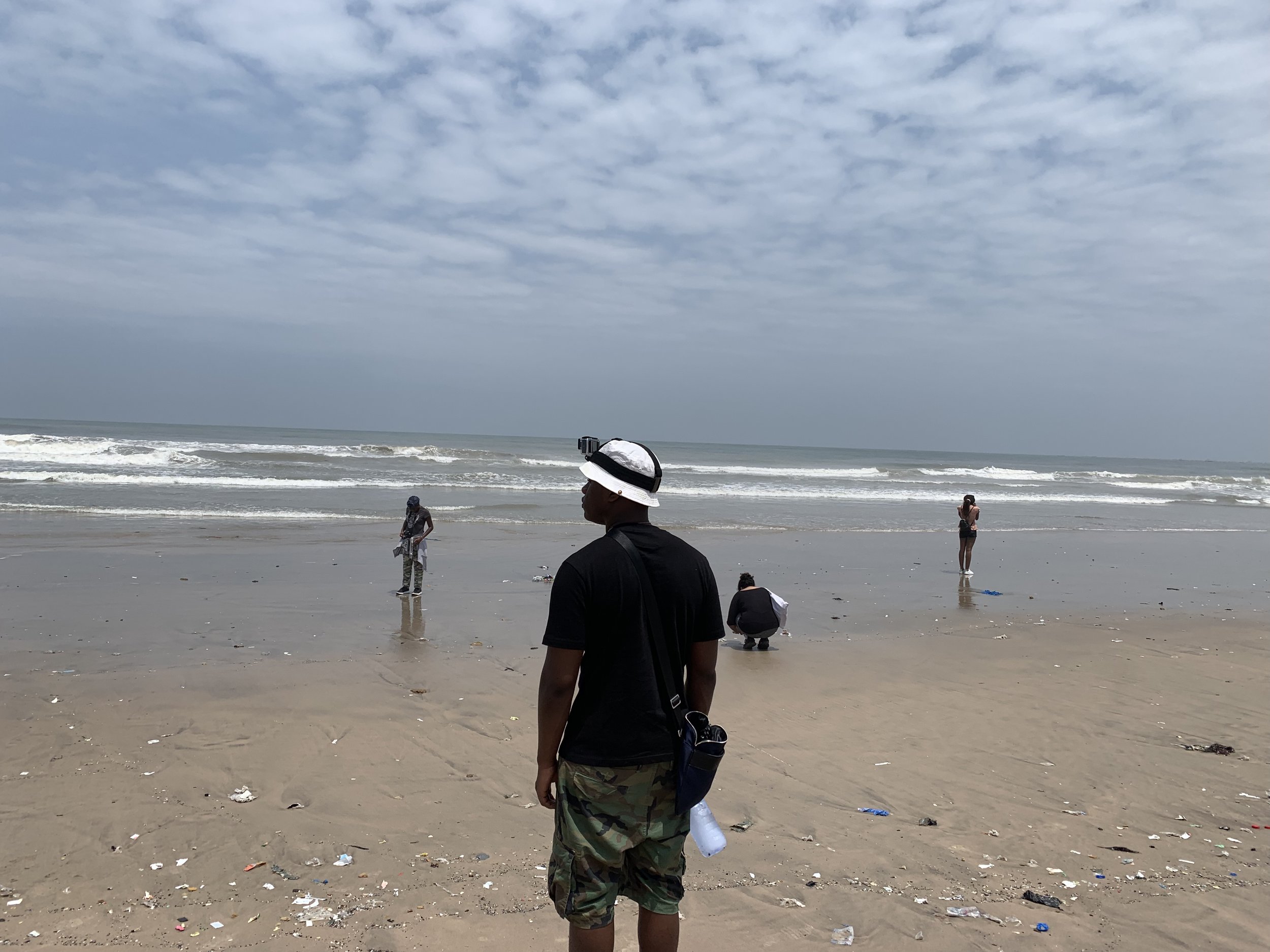
Based in Central Brooklyn, GrowHouse Design + Development Group is a community design and development cooperative that uses the linkages between travel + education, entrepreneurship + healing, art + technology to empower Black people and our allies to design safe, brave, and flourishing communities.
Our vision is for Black communities to be sovereign, connected, and thriving. To make this vision a reality, we help communities to cooperatively organize, design, finance, purchase, occupy and steward real estate, cultural institutions and production, and other forms of wealth.
